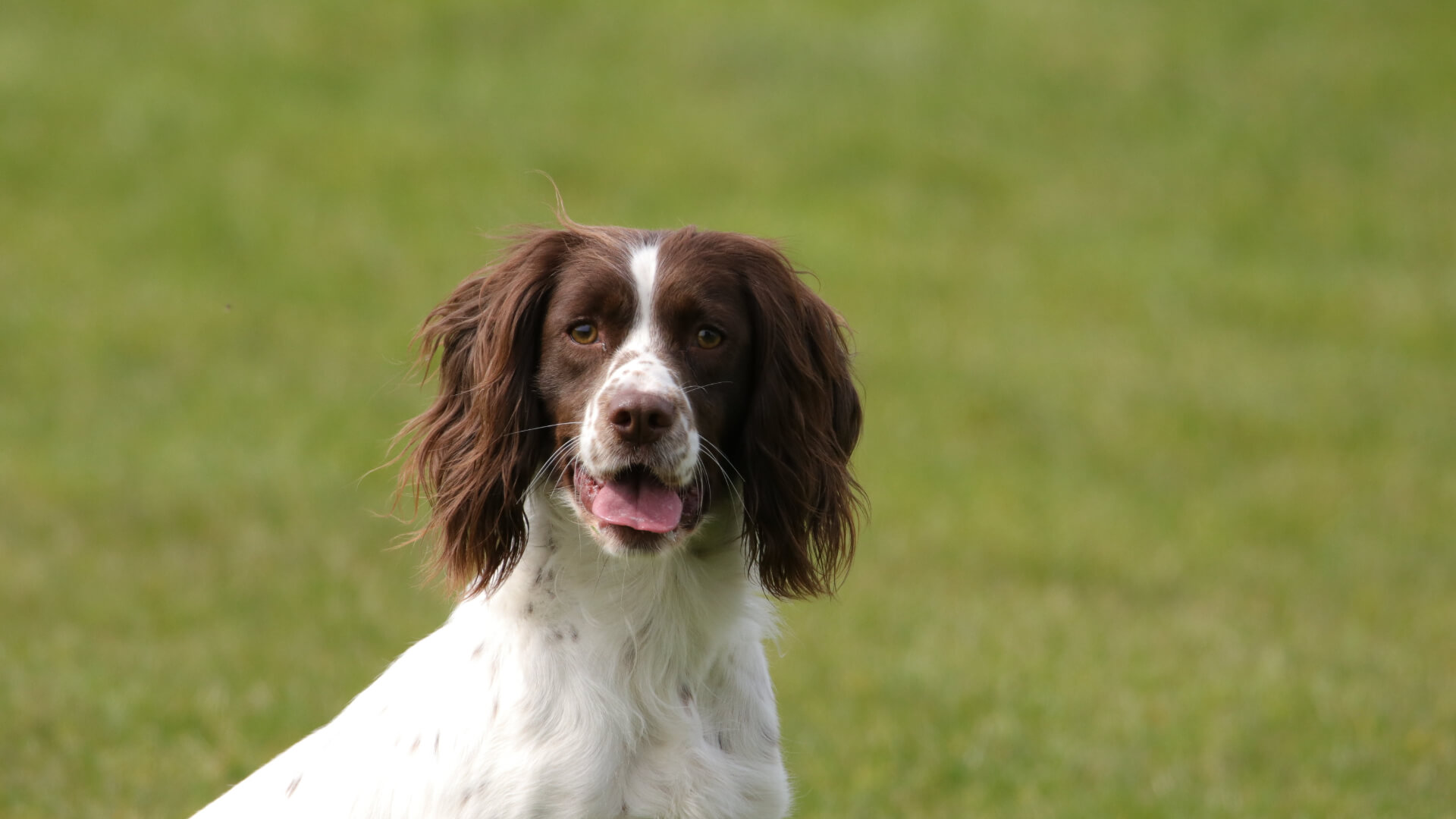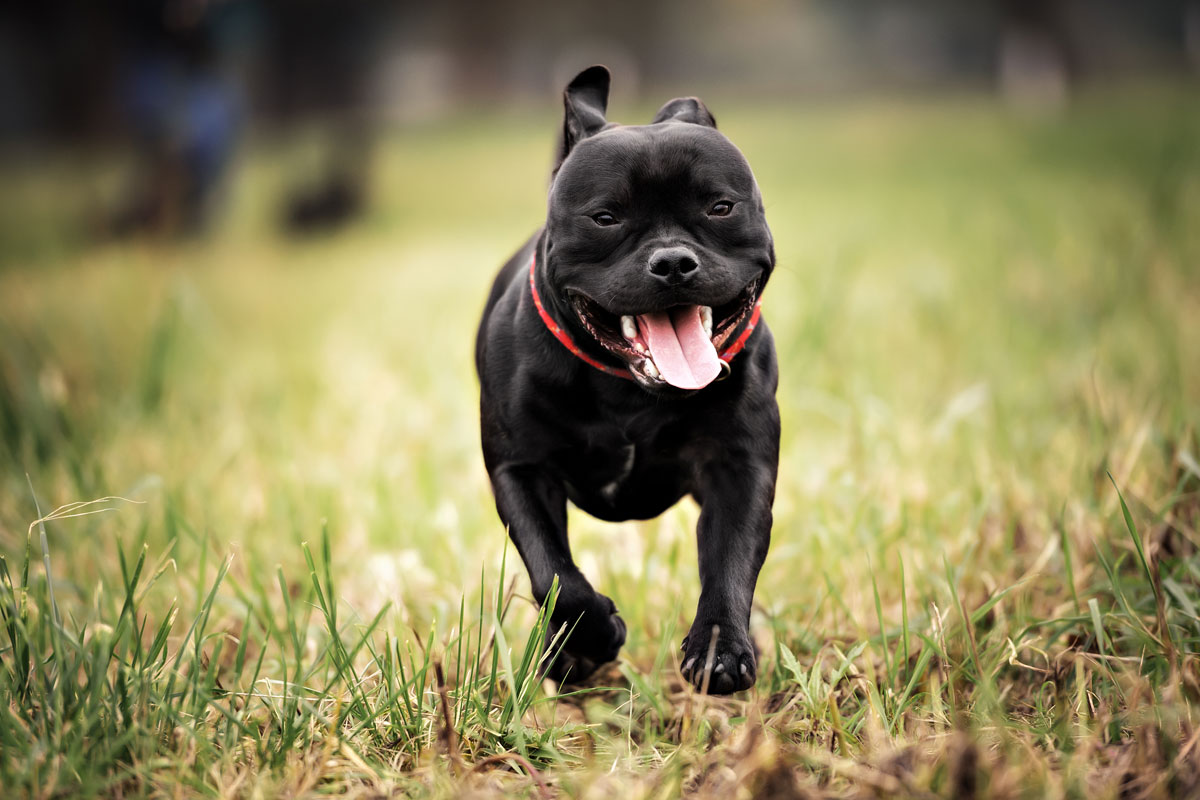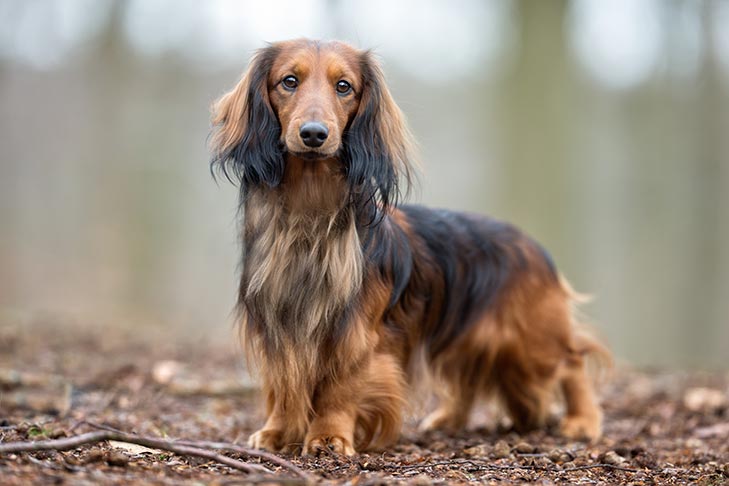Puppyhood is full of fun, but it’s also a time when they are teething and need help. Help!
This blog post will cover the basics of what to expect from puppy teeth, as well as how you can help them get through this tough time. Puppies’ teeth start coming in at around 3 weeks old, and their permanent set starts popping up at about 6 months old.
They may have some temporary teeth that come in earlier than others. It’s important to avoid hard chew toys for puppies until they have all their permanent teeth because those toys could damage or break their new ones!
The best bet is to give your pup soft chews like rawhide, jerky sticks or even carrots (but be careful with anything sharper).
Table of Contents
What is teething?
Puppies go through a teething process from the time they are born to about six months old. It’s a fun time for puppy teething, and like human babies they need to chew, only with canine teeth not human teeth…
The signs of teething in your new puppy include drooling, chewing on objects, and rubbing their faces against things. Puppies will chew on anything and everything while going through this phase – a teething puppy can be a chore and you will need to train them on bite inhibition as well at this time.
How can puppy owners help?
For puppy owners this can be a stressful time as their puppies lose their baby teeth, those little needle teeth that they enjoy chewing with. You will find that there are sore gums in your puppy’s mouth as the new teeth come through, and any adult tooth will appear.
Your dog may need soothing at this time, even just to keep them off furniture legs. You can help soothe your pup by giving them toys that have been frozen for an hour or putting cold water mixed with chicken broth in a dish for them to lick at.
Careful about food
It is important as pet owners not to give your puppy any food items that could be dangerous such as rawhide chews or bones from cooked meat because they may break off into pieces which can cause choking hazards if swallowed by your pup during the teething process!
It’s at this time that a puppy is losing its baby teeth but does not yet have adult teeth – and permanent teeth are needed for chewing harder items.
Teething is a sign that your pup is growing up and getting ready to be an adult with full canine teeth. Puppies start teething when they are between 3-4 months old, but it can take some puppies much longer than others to get their teeth through the gums.
Gotta chew…
You’ll know that your puppy’s teeth have come out of his or her mouth because he or she will chew on just about anything in sight (including furniture). All dogs go through this phase and eventually all of their baby teeth or milk teeth will fall out for adult teeth to grow in as they become adult dogs!
The most important thing you can do when caring for a new puppy in this case is making sure they have plenty of things to chew on so they don’t end up chewing on something they shouldn’t – given puppies chew anything, make sure that they have a chew toy or similar.
And what to do in the meantime about puppy teething
It’s not a question that many people ask themselves, but it is important to know the answer.
Pups have 28 baby teeth in total: 20 needle-sharp incisors and 8 long, sharp canines – but 28 baby teeth in total. They start teething at 3 weeks old and usually stop by 12 months of age. As to when puppies stop teething? It all depends on their breed!
Puppies’ mouths are filled with tiny, razor-sharp puppy teeth that seem to be attracted to nipping at your fingers and toes. Teething is completely normal for puppies and something you can train away.
Puppies’ mouths are full of 28 tiny, sharp teeth that can easily be easily broken in a healthy way of teething and nipping. You can train the puppies away from nipping as a puppy, but puppy teeth are sharp enough to bite you and to leave a mark, but that is all part of puppy teething.
When Do Puppy’s Teeth Fall Out?
When a puppy is about 12 to 16 weeks of age, puppy teeth begin to fall out. Teething is painful for your puppy, and you may find puppy teeth on the floor. If you find some remaining puppy teeth that don’t fall out, be sure to tell your vet.
Once puppies are 6 months old, their teeth should have fallen out, but some may need to be removed by a vet. The puppy is likely to swallow most of the teeth, but you may find a couple of dog’s teeth around – but just the deciduous teeth. If you need any adult teeth then talk to a veterinary dentist.
6 Months and Older
At six months old, all deciduous teeth should have fallen out and his adult teeth have grown in. Permanent teeth replace the milk teeth tooth-for-tooth and add four premolars and 10 molars.
Most pups will have 42 permanent teeth in place by about seven months of age. If you notice any baby teeth remaining, let your vet know so it can be removed. In general, adults dogs have about 42 teeth (fun fact: that’s about 10 more than people!).
Conclusion
Pups teething is a process that can take anywhere from 10-14 weeks. If you are thinking about adopting, it may be helpful to know how long your puppy will likely need to go through the teething stage before they stop.
There are many benefits of pups being adopted including knowing when this phase typically ends and not having any surprises in store for you or your new pet friend!
However, their gums can be sore and so you will need to look carefully at teething stages. Most dogs get through these fine but you may need veterinary medicine for a dog that is suffering.
Does it stop?
Pups typically stop teething when they are about 12 weeks old. However, some pups can continue to chew until they’re much older. It will be difficult but work out in the end!
Pups will stop teething when they are about three months old. It is a tough time for the puppy and their owner, but it will get better as time goes on.
It gets better
The process may be difficult but it does end! You can help your pup out by providing chew toys to adequately soothe them during this period in life.
Be sure you provide enough of these items to avoid any problems with chewing anything inappropriate!
Teething Pups FAQs
When does my puppy stop teething?
Puppies go through the teething process during an estimated 10-14 week period. Adopting a puppy can help you predict how long this will take, which is beneficial for everyone involved in the relationship with your new pet!
Pups typically stop teething when they are about 12 weeks old. However, some pups can continue to chew until much later in life (up to 3 years).
Puppies will get their permanent teeth around three months old. They may chew on some things, but it should get better with time.
When does my puppy stop chewing?
It can take anywhere from 10-14 weeks, on average, before your puppy stops teething. If you are thinking about adopting a pup soon and want to be prepared for what to expect over the next few months, it may be helpful to know how long many puppies usually go through this process.
There are many benefits of puppies being adopted including knowing when this phase typically ends and not having any surprises in store for you or your new pet friend!
Pups typically stop teething when they are about 12 weeks old. However, some pups can continue to chew until they are much older.
Puppy chewing can cause damage, so try to mitigate puppy chewing with dog chews that are not for an adult dog of course! Something that a puppy cannot digest may give it an upset stomach.
Do I need to change my pup’s diet?
As pet owners, it is important not to give your puppy any food items that could be dangerous as some of these may break off into pieces that can cause choking hazards when your pup is missing teeth or cannot chews well because of sore gums.
This is when a puppy sheds their baby teeth but doesn’t yet have big teeth – and permanent adult teeth are necessary for chewing harder items.
When do pups stop teething? Pups start teething at around 3-4 months old, but can take a while for their teeth to come through.
Article summary: Dogs – early age dental issues/12 weeks of age/older dogs and periodontal disease




